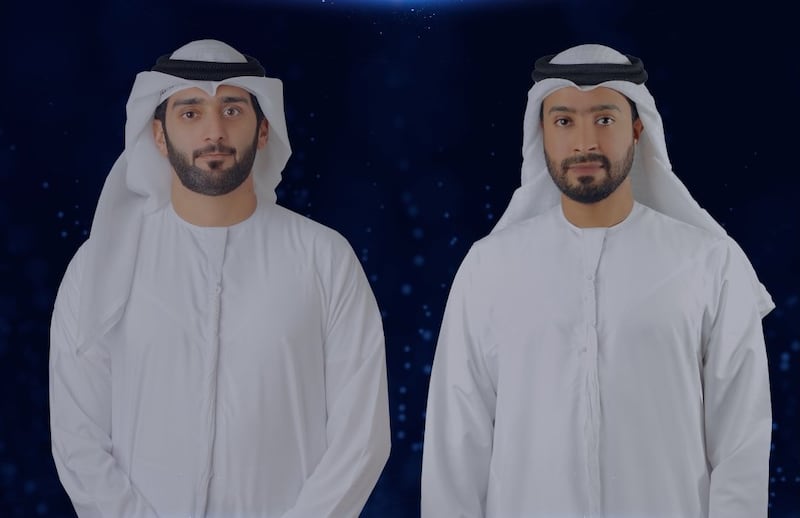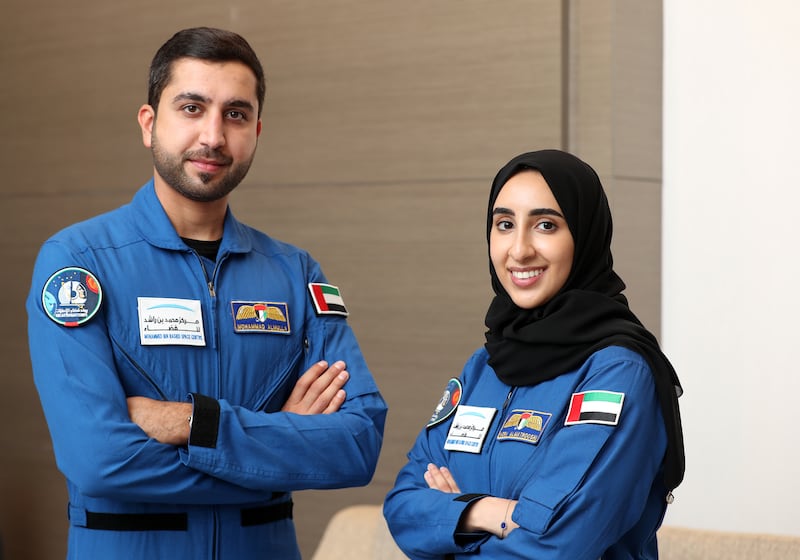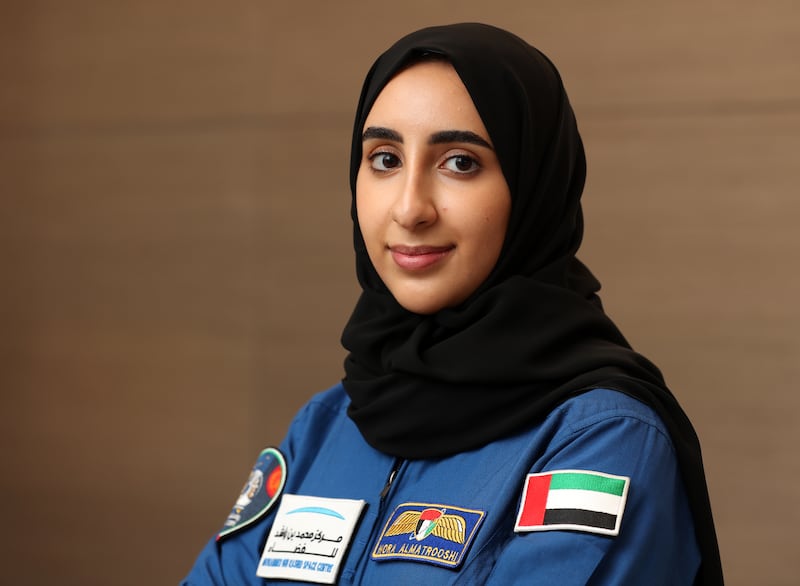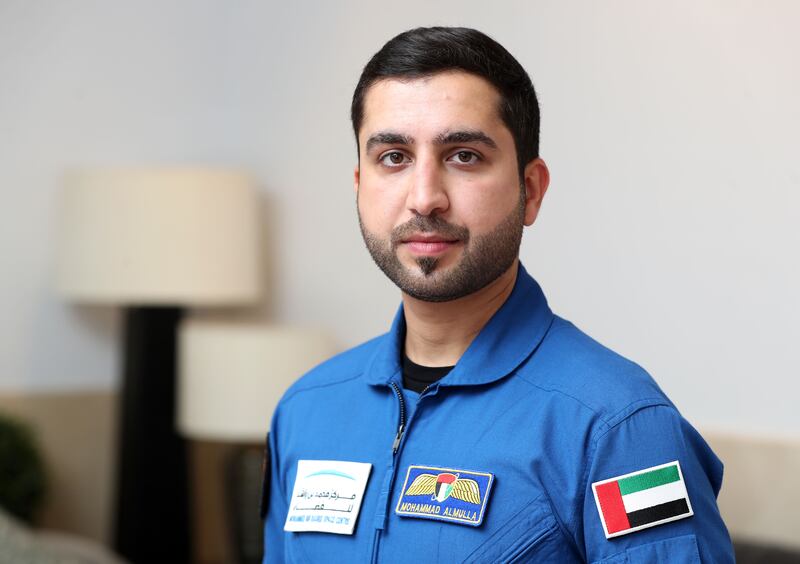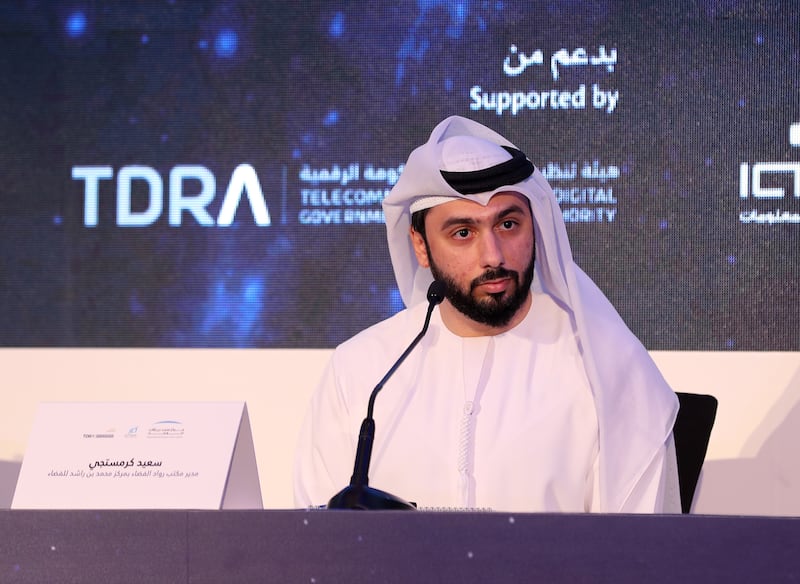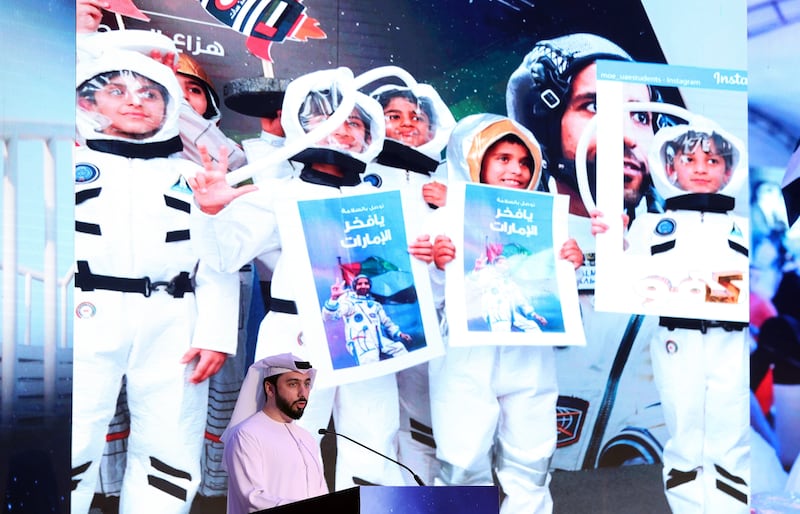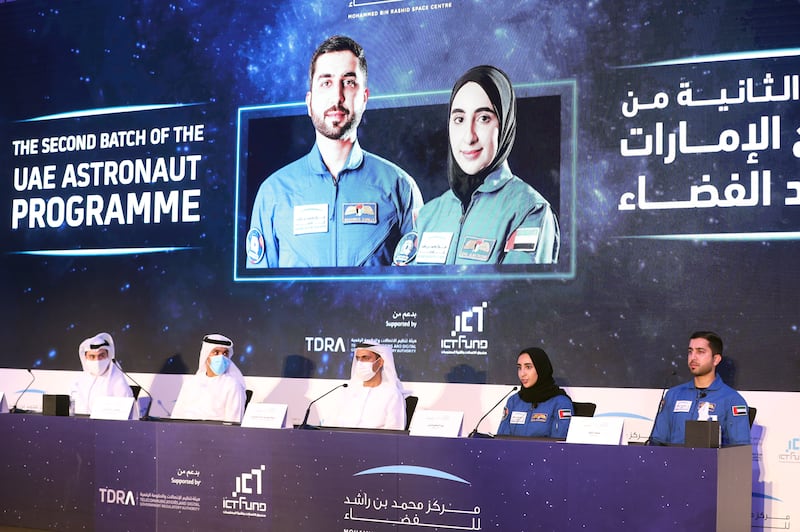The UAE has announced that two Emiratis, Abdullah Al Hammadi and Saleh Al Ameri, will participate in a space research programme that will require months of near-isolation to replicate the long journey to Mars.
Only one of them will spend eight months living with an international crew of six people inside Moscow's NEK centre in Moscow. The other would be a backup.
The project – Sirius 20/21 – will measure the psychological and physiological impact of extreme environments, such as space travel, on humans.
After a delay caused by the Covid-19 pandemic, the experiment is scheduled to begin in November.
“We are entering a new era of space exploration in the UAE, and we are proud to have Abdullah Al Hammadi and Saleh Al Ameri join our team at Mohammed bin Rashid Space Centre to further our pursuit in this field,” said Yousuf Al Shaibani, the centre's director general.
The experiment will help scientists learn more about human physiology and psychology during isolation. The research has become critical, as nations work towards sending humans to the lunar surface and to Mars.
These astronauts will face several challenges during lengthy space voyages, including spending time away from family, working as a team and health risks from radiation.
The UAE has also announced plans to work with partners in exploring the possibilities of sending Emiratis to the Moon.
It also has ambitious plans to build a city on Mars by 2117.
“The analogue mission will provide crucial data that will help us undertake more ambitious space exploration challenges, including for the Mars 2117 programme,” said Adnan Al Rais, manager of the Mars 2117 programme.
The experiment is part of a five-year research programme by Russia’s Institute of Biomedical Problems and Nasa’s Human Research Programme.
It involves three Sirius missions, the first of which ended in 2019 after six crew members lived in isolation for four months.
The final experiment is expected to be the most challenging: 12 months in isolation.
Participants will be sealed inside tubular modules, with cameras watching them around the clock.
The structure has its own atmosphere and air pressure to create a space-like environment.
Saleh Al Ameri
Born in Abu Dhabi, Mr Al Ameri, 31, has six of years of experience in mechanical engineering and currently works with Adnoc.
He graduated from Khalifa University in 2014 and has many other achievements to his name, including being a certified skydiver and a master scuba diver.
Mr Al Ameri has been passionate about space since a young age and was inspired by astronauts Chris Hadfield, Christopher Cassidy and Paolo Nespoli.
Abdullah Al Hammadi
Born in Khor Fakkan, Mr Al Hammadi, 35, holds a bachelor’s degree in mechanical engineering from Abu Dhabi University and a foundation degree in aerospace engineering from Manchester Metropolitan University in the UK.
He spent 17 years in the UAE Armed Forces and is currently the crew chief of the maintenance department.
With a passion for space since a young age, Mr Al Hammadi often reads about galaxies, planets and stars and wants to pursue a career in the space sector.
His role models are Hazza Al Mansouri, the first Emirati astronaut, and Prince Sultan bin Salman Al Saud, the first Arab astronaut.
